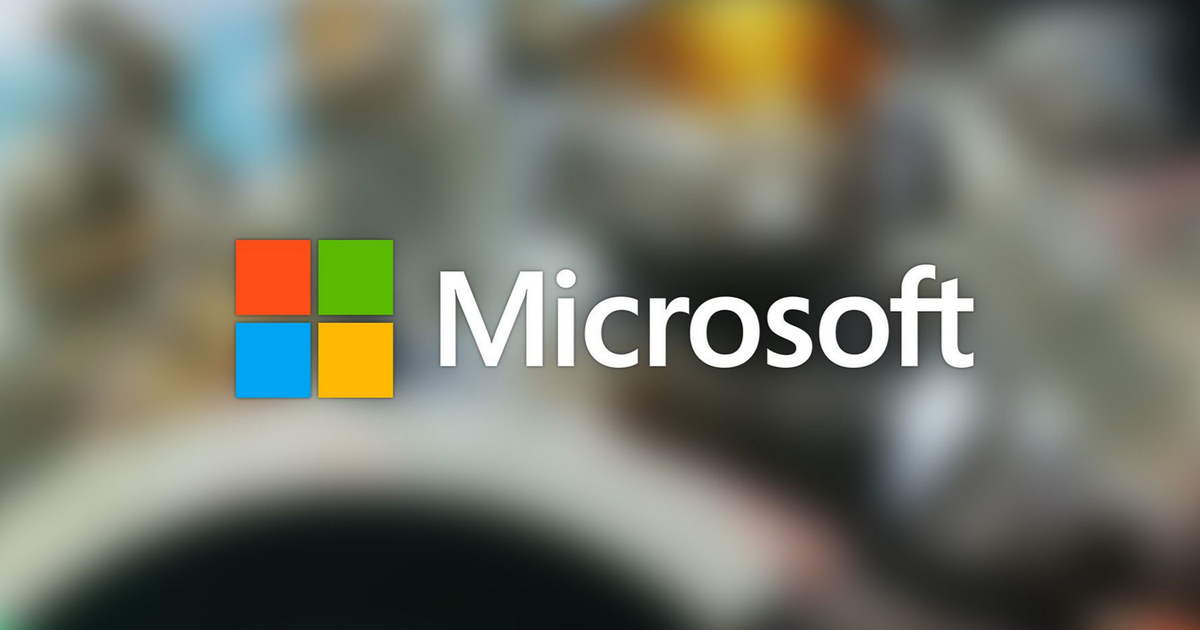
A new joint investigation between the Guardian, Israeli-Palestinian publication +972 Magazine, and Hebrew-language outlet Local Call has claimed that Microsoft have worked with the Israeli military to store surveillance data on Palestinian civilians in Azure servers overseas, with some of that data allegedly being used to research and identify bombing targets. The report has led to renewed calls for game developers and players to join the recently launched Boycott, Divestment, and Sanctions campaign against Microsoft and Xbox gaming products and services – in particular, Minecraft, Call Of Duty, Candy Crush, and Game Pass.
The report is based on interviews with 11 sources from Microsoft and the Israeli military, plus access to a cache of leaked Microsoft documents. In late 2021, the Guardian piece begins, Microsoft CEO Satya Nadella met with Yossi Sariel, the commander of Israel’s military surveillance agency Unit 8200, to discuss plans for storing intelligence data on Microsoft cloud servers. According to the report’s sources, the inspiration for these proposals was that Israel’s military did not have the storage space or computing power to handle the amount of data they wanted to collect and process.
The alleged result of that conversation was a cloud-based system that became operational in 2022, and has been used to gather “indiscriminate” recordings of Palestinian phone calls in the West Bank and Gaza. According to the report, as of July this year around 11,500 terabytes of Israeli military data were being held in Microsoft Azure servers in the Netherlands, while a smaller proportion were stored in Ireland, though not all of this data may be from Unit 8200.
“Thanks to the control it exerts over Palestinian telecommunications infrastructure, Israel has long intercepted phone calls in the occupied territories,” the report notes. “But the indiscriminate new system allows intelligence officers to play back the content of cellular calls made by Palestinians, capturing the conversations of a much larger pool of ordinary civilians.” One of the investigation’s sources also explains how these phone recordings may have been used to plan airstrikes, commenting that intelligence officers would use the cloud-based system to examine calls made by people in the vicinity of an individual target.
Sariel ultimately resigned his position in September 2024 in response to criticism for failing to anticipate the surprise Hamas-led attacks on Israeli civilians in October 2023, which left over a thousand dead with hundreds taken hostage. According to this week’s Guardian report, he was accused of prioritising fancy new technology over older surveillance methods.
But the cloud-based system he allegedly developed with Microsoft’s assistance is said to remain in use alongside AI-driven target recommendation tools, as the Israeli military continues a punitive and open-ended assault on Gaza that has killed over 60,000 people, the majority of them civilians, and left hundreds of thousands more homeless and starving.
The report argues that Microsoft had some awareness during development of the system that it was being used to collect phone calls and facilitate airstrikes. It cites internal records that show that during the initial 2021 meeting with Nadella, Sariel referred only to “sensitive workloads” of secret data, not the storage of Palestinian phone calls. But it adds that “documents suggest that Microsoft engineers understood the data stored in Azure would include raw intelligence, including audio files” and that Israel-based Microsoft staff, who allegedly include former members of Unit 8200, appear to have known about the project’s overall objectives.
The report also references files that show that Microsoft executives anticipated hundreds in millions of dollars in revenue from the project, calling it “an incredibly powerful brand moment” for Azure.
Back in May, Microsoft confirmed that they had supplied technology to the Israeli military for use in Gaza. But they insisted that they had found “no evidence” that it was being used to target or harm Palestinians, citing an external review carried out by an unnamed third party.
They have also pushed back on this week’s claims, with a Microsoft spokesperson telling the Guardian that they have “no information” on the data being stored in the cloud by Unit 8200. “At no time during this engagement,” the spokesperson added, “has Microsoft been aware of the surveillance of civilians or collection of their cellphone conversations using Microsoft’s services, including through the external review it commissioned.”
Asked about Nadella and Sariel’s relationship, the spokesperson continued that the CEO “attended for 10 minutes at the end of the meeting” and there was “no discussion” of the exact content of the “sensitive workloads” above.
Notwithstanding Microsoft’s comments, this week’s news has fuelled calls to join the BDS boycott, with some participants pointing out that this doesn’t have to mean parting ways entirely with any and all Microsoft services. “BDS has a standing boycott target on Microsoft products which people can realistically drop from their lives, understanding that not everyone can change their operating system,” wrote Kitsune Tails lead artist and gameplay designer Allison Shabet in a Bluesky post yesterday.
In another Bluesky thread, game designer and writer Austin Walker added that “I’ve obviously been saying this a lot lately, but BDS does not expect anyone to drop everything made by Microsoft all at once. They pick very specific targets in order to get as wide a coalition as possible, and in the case of Xbox, even suggest different tiers of engagement.” You can read more about the BDS Xbox boycott here.